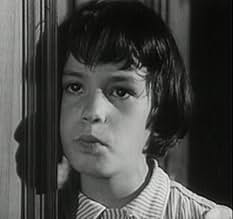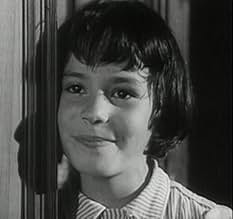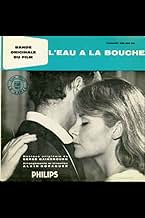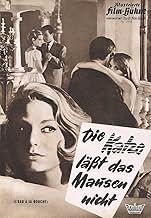At the dawn of the sixties in France, the New Wave was like a tsunami on the shore of the domain of French cinema and even nowadays, it still fuels many movie-lovers' bickering. Claude Chabrol shot two works in a row: "le Beau Serge" (1958), "les Cousins" (1959) and they were the jewels of the New Wave crown. François Truffaut received kudos for his treatment of stolen childhood with the overrated "les 400 coups" (1959). Jean Luc Godard (excuse me "God Ard") was kicking the detective genre (and French cinema into the bargain) with "A Bout De Soufflé" (1960).
So, on this surge, it was inevitable for Jacques Doniol-Valcroze, both a critic and the editor of "les Cahiers Du Cinéma" to step back into the breach and to show his own methodology of film-making with "l'Eau à la Bouche". But if his peers left well-known pieces of work, practically all Doniol-Valcroze's films are now in limbo except this one, helped by Serge Gainsbourg's languorous music and "la Maison Des Bories" (1970).
"L'Eau à la Bouche" paved a reliable way for Eric Rohmer's sloppy filmography who was certainly paying close attention to Doniol-Valcroze's debut effort. Set in a lascivious castle, the grandchildren of a dead lady are gathered with a notary to share her inheritance. Very quickly, light-hearted gallantries brew and underpin this reunion. Unlike "la Maison Des Bories" which wasn't very New Wave, l'Eau à la Bouche is a zeitgeist of the tendencies of this trend: there are a lot of fades to black, sequences that are quite abruptly cut and a scenario that tends to get loose halfway through. As for these characters who haven't got weighty problems, is it sensible to care for them? If you're a Rohmer devotee, you may disagree with me. It's watchable at a pinch for its actors who later were to find parts that lived up to their talents.
























